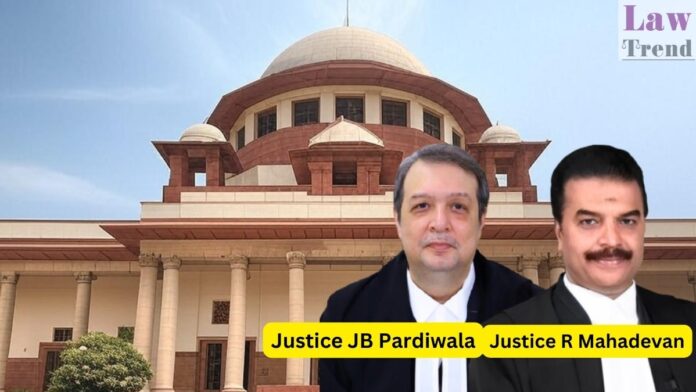In a judgment reiterating the discretionary nature of writ jurisdiction under Article 226 of the Constitution, the Supreme Court has ruled that the mere existence of an alternative remedy does not bar the High Court from exercising its writ powers, particularly in cases of prolonged injustice. The decision came in Neha Chandrakant Shroff & Anr.
To Read More Please Subscribe to VIP Membership for Unlimited Access to All the Articles, Download Available Copies of Judgments/Order, Acess to Central/State Bare Acts, Advertisement Free Content, Access to More than 4000 Legal Drafts( Readymade Editable Formats of Suits, Petitions, Writs, Legal Notices, Divorce Petitions, 138 Notices, Bail Applications etc.) in Hindi and English.




